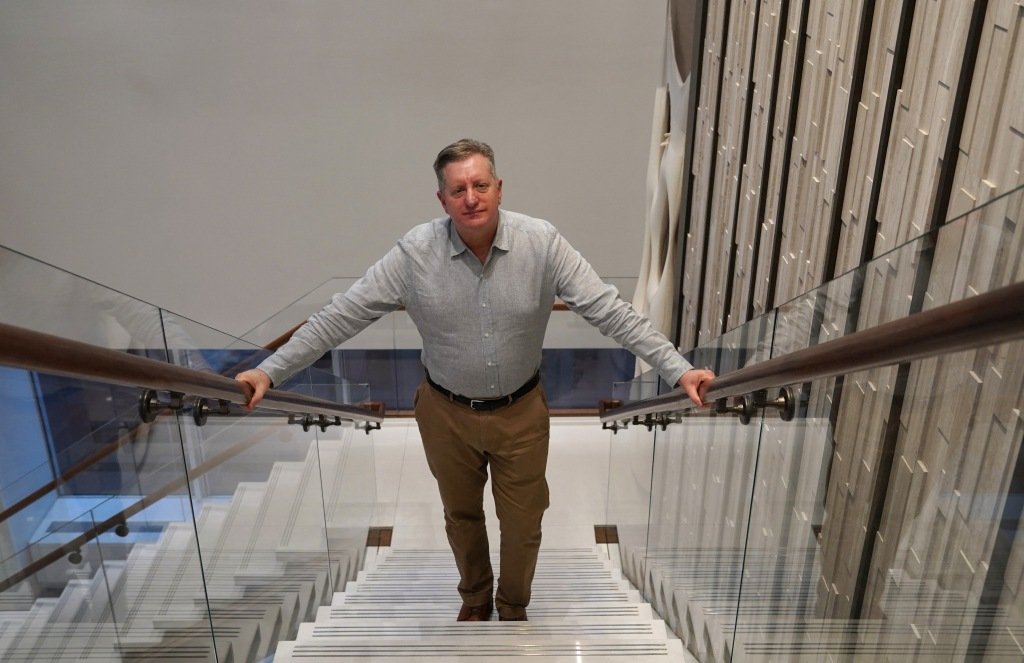A “Big Short” investor who predicted the 2008 housing crisis is putting his money in “stories other than tech” — like US infrastructure, he said during an epside of Bloomberg’s “Odd Lots” podcast.
Steve Eisman, the managing director of financial services company Neuberger Berman, noted the meteoric rise of construction engineering companies like Quanta Services for his bullish view of the sector.
Quanta’s shares are trading at $185.72 as of Tuesday afternoon — a 32.08% year-to-date increase and a whopping 450% jump since 2020, which Eisman attributed to the country’s infrastructure needs.
“The infrastructure stuff in the US is pretty pathetic,” Eisman said, noting that it’s “embarrassing” to compare American airports to those in Hong Kong, where “you can literally eat off the floor.”
Then, “you get into a car, you get onto a highway — it looks like the highway was built yesterday,” he added. “And then you come back to the United States and you’re embarrased.”

The investor then lamented the ongoing construction near JFK Airport, which has been going on for 12 years.
“I could have done it myself faster,” he quipped.
“The opportunities for the company have been enormous, so the stock has been revalued,” Eisman added of the Neuberger-owned utility firm.
Eisman — who gained fame in Michael Lewis’ bestselling book “The Big Short,” which detailed the lead-up to the 2008 economic collapse — noted on the podcast that infrastructure is a good investment because the projects take multiple years to complete.
“If anybody gave me their money today, for example, I wouldn’t be so overweight tech. I’d be much more diversified. I’d have some, God forbid, bonds. There’s plenty of other stories other than tech,” Eisman said on the podcast.
He cited local and federal policies promoting green initiatives as another investment opportunity.
Last month. New York became the first state to pass a law banning natural gas and other fossil fuels in most new buildings.
The new law will force states to update their electrical power grids, Eisman said on the podcast.
“The estimates of improving the grid in the United States — everybody’s got a different estimate, but it’s like $200 billion, $300 billion — I mean, it’s unbelievable numbers,” said the investor, who’s worth an estimated $1.5 billion.

Eisman said he’s bet on the grid since at least February, when he predicted that investing in infrastructure, indutstrial onshoring and “greenification” initiatives that offset greenhouse gas emissions would yield greater gains than “hyper growth” tech companies.
Eisman conceded there still would be tech stocks to invest in, though there’s no tell-tale sign on how they’ll move in the future.
“As of right now, the story is very narrow in terms of investing,” Eisman said of putting money into new tech such as artificial intelligence.
